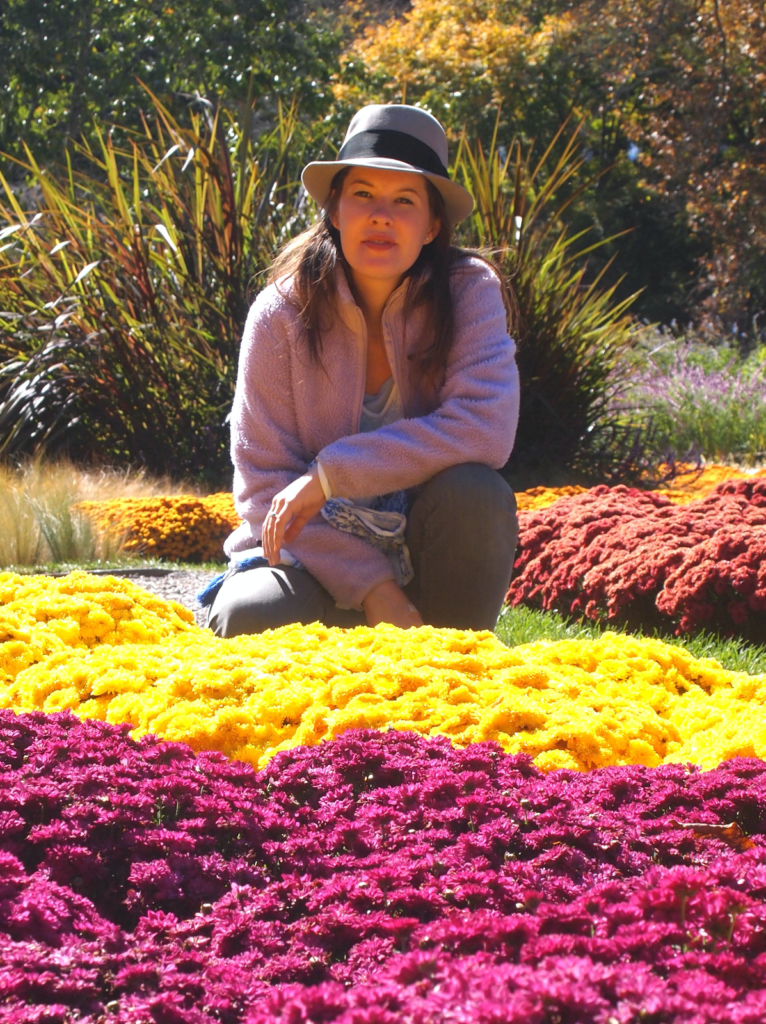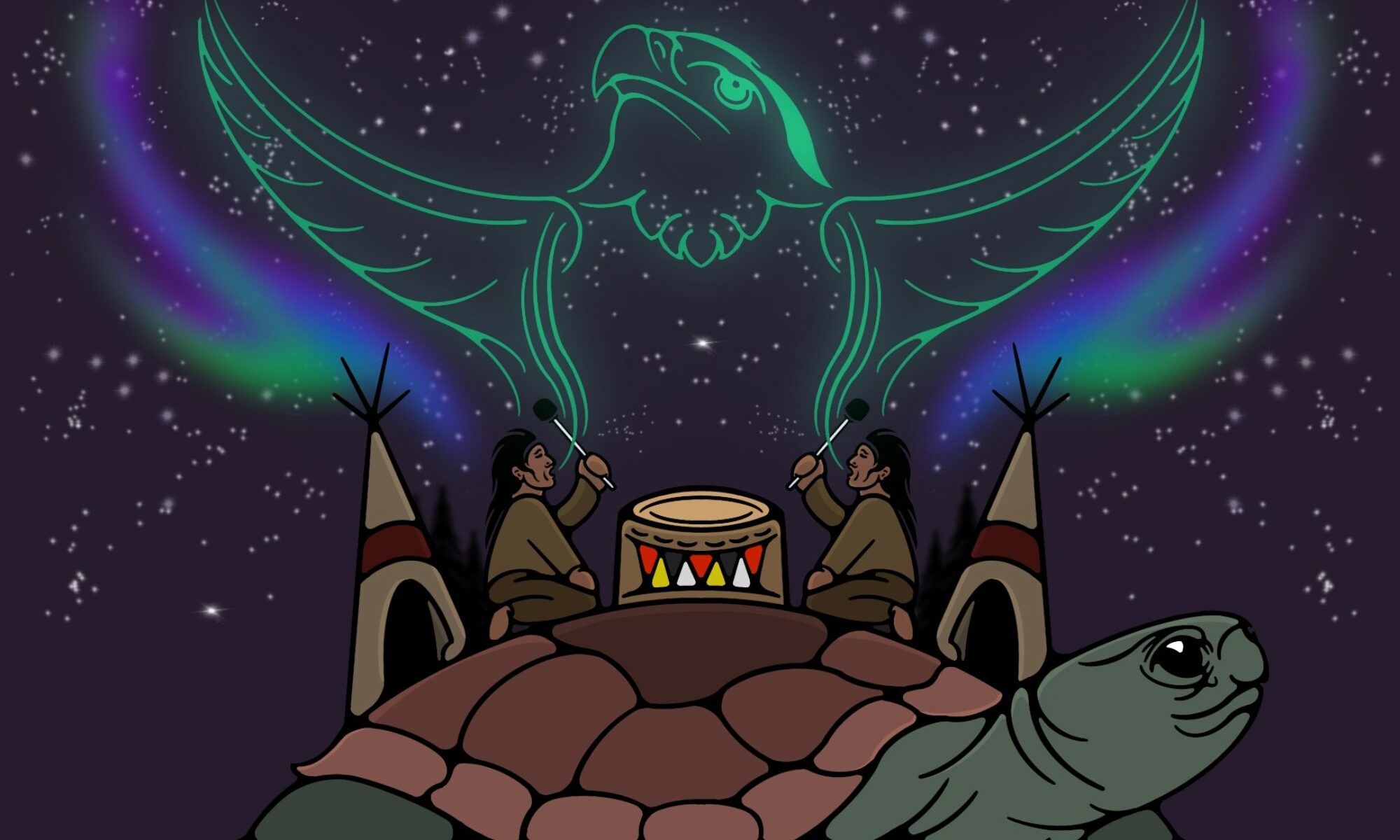Introduction, selection and translation from Spanish by Andrea Echeverría
David Aniñir (Santiago, 1971) is a Mapuche poet and initiator of the Mapurbe aesthetic, a poetic vision that explores the heterogeneous perspective experienced by some migrant Mapuche in the city. In effect, this poet proposes a ground-breaking discourse that communicates the experiences of the Mapuche who live in the city of Santiago today, while resisting their invisibility. He has published three collections of poems, Mapurbe. Venganza a raíz (2005, 2009), Haycuche (2008), and Guilitranalwe (2014) and currently lives in Santiago. Recreating elements of Mapuche orality, Aniñir participates in poetic recitals making use of performative resources.
This poet encourages a mobile ethnic identity that is urban, rebellious and anti-systemic, so there is no doubt that his poems move away from the traditional representation of a rural Mapuche identity associated primarily with the natural environment of forests in southern Chile and the ancestral community.. Yet, the gap between these two different spaces of ethnic representation, the traditional and the urban, is not as wide as one might think initially. Aniñir incorporates elements from the Mapuche ritual tradition in his poems, such as yeyipun (prayer), pewma (dreams), werken (messenger), ngenpin (ritual speaker), and machi (spiritual authority and shaman), but he does this from a critical and innovative perspective.
In his poetry he elaborates a conception of an ethnic self that refuses to merely reproduce stereotypes of indigenous identity to talk about his own process of ethnic identification. Instead, elements of the native tradition are integrated problematically in poems that reflect and question indigenous identity in an urban context, an identity that is located at the crossroads between the attraction of the city and the vital need of admapu or set of Mapuche social and legal norms and customs, and between the difficulty of expressing traditional Mapuche concepts in Spanish and the inability to read or write in Mapuzungun. The following poems show how Aniñir includes important elements of the admapu in his writing and the paradoxes and contradictions that emerge from the (dis) location of these elements in the city.
(With a glossary below)
Poetry to what I write
Loneliness is also a tribute to the one who’s near
(A.H.)
One
I say, I write and I repeat
this is a commission of past times
legacy by the nature of life
and the cosmic plans of my ancestors
this unaccustomed occupation
with no more tools than anger
and something similar to what in soap operas they call love
(in these neoliberal days),
this large trace of leaves and heavy chested reflections
I offer with my moldy hands and my cloudy soul
from facing my own shadow so much.
In my verses I sing
in my lines there is rhythm and they fly.
Sponsored by myself
brought from the peripheral umbilical cord,
that gives life to the goats that listen to my poems,
I raise this poetic universe,
from the Mapocho river down
on crystalline turds that sail to the sea.
Sometimes I have trouble lying orally
and I write.
That way my deception is beautiful
and the falseness doesn’t hurt.
This Mapuche dressed in jeans
and T-shirts from American universities
confuse my inhabitant
a mix of northameraucano
and mapu-urban.
What I don’t say is freed in my verse
for the problem of self-habitation
in writing exacerbates itself in speech
and the spittle is diluted.
Two
Inche ta Mapurbe tuwin
chew tañi lefpeyen kurra
I'm from a shitopolis
where the asphalt burns.
Native to death and life
Aniñir like a lying fox
sitting in the shade,
on the sidewalk,
testimony of muddy steps.
Güili as a life challenge
for my dogged old woman
with nails full of blue ink
to write poems
or some curious movement of lights,
traro to fly over the land, its neon meadows
and its peripheral valleys
far away from the noise.
I don't read so much for self-motivation
thick books close on their own
when I reach for my cigarettes
or when I'm scratching myself,
I scratch and scratch myself
to bleed, to die
a tinted nail sinks into my flesh and buries itself.
And I scratch myself to the bone, to the marrow
liters of blood come off like guts
like an animal slaughtered on good friday
liters of blood and poetry wet the streets, the sidewalks and the earth
ñiachi rennets hang with my meat
blood with mud stop my steps,
I slide over already wounded poetries
falling at the gate of my house
which is a book ajar,
waiting.
Turns out I'm from an ancient world
where the stars burned with light in the sky
like flames
eroding volcanoes kissed the clouds with their fire,
when it rained the light and fire made the flowers grow
and the earth was a garden.
Three
Apparently I'm not the one who writes
poetry is who does it for me,
it comes looking for me wrapped in night
and dreams,
cruelly it shakes my soul
I wake up with beautiful doubts
it is poetry who comes to me
babbling beautiful sarcasms
of dead Mapuche who want to laugh
and weep for me in verse.
Now I'm in front of you
defying the void
and the broadband technology that distances
now, high poetry
let's fight a duel
on the battlefield of the blank sheet
let's see who dies first
come challenge me
I have an ink dagger
that cuts across my blood
you have the toll on the imagination
love and hate
come
let us bleed in silence.
Pewma of the backside world
Being you is evolution itself
being in you means suffocating with dreams
suffering in torture and not being diluted in your dream
where you build sphinxes and prehistoric jugs
there where the snake played with you in life
to be yourself is to be in you
and love myself,
for you are in me
and it is the same.
It's to PENE-trate a world that's only for two
it’s to imagine that reality is imaginary
it’s to believe that I believe in you and you in me
it’s to walk through ancestral lands
and speak the language of immortals.
We are from an ancient world
where revolutions were not necessary
you washed your face in the river of truth
and I surrounded our animal brothers
because we lived with them.
That is how it was there
in the place where our bodies were
other bodies we were the dark race of so many nights.
That is how it was there
naked of spirit
naked of poetry
naked of sadnisses.
That is how it was there
here I am only a dealer of psychotropic lines
I am the werken of your pewmas.
Perimontu
A machi in hardcore attitude
A daring good-looking punk
2.0
Unleashing her yeyipunk to the rhythm of the sun
In moon code
In star key
With comets riff
A machi in power metal attitude
with Newendy
Stirring her trance in the mosh
Jumping earth below, to the pit
Inland, to red, to where it all comes together
A machi of the slum
A drunk beautiful-muse mapunky
Euphorikally Marichiwaniando
Because you are just marichiwaneando
With your brew of acid and sulfurik muday
Drunk of kuymi
Dulcinea of the cosmogonic terraqueous fable
A machi mapurbe with a surprised attitude
With Kalku fiber by the bloody torrent
Ascending to high voltage Rewe
And the thunder of voltages in the rainy night
With the spiral of the Slam through foye
A Guakolda from the corner
Totally Tough
Glossary
admapu– Mapuche tradition and customs foye– the Mapuche’s most sacred tree machi– Mapuche shaman who has the task of healing the sick by using remedies, teas, prayers, songs and dances kalku– a type of machi that creates evil spells muday– fermented drink made from wheat, corn and a type of pinenut mapuzungun– the language Mapuche speak ngenpin–ritual orator perimontu– machi’s vision in a trance state pewma– dream or oneiric state through which Mapuche can access the Wenu Mapu and communicate with their ancestors ngenpin– ritual speaker rewe or rehue– altar formed by a trunk, tree or set of trees around which the nguillatun ceremony is performed werken–messenger
For more about David Aniñir

- David Aniñir in Retrato Literario Project

About the translator

Andrea Echeverría is an assistant professor at Wake Forest University and she received her doctorate in Latin American Literature and Cultural Studies from Georgetown University. She is the author of El despertar de los awquis: migración y utopía en la poesía de Boris Espezúa y Gloria Mendoza (2016) and Yeyipún en la ciudad: representación ritual y memoria en la poesía mapuche (forthcoming). She co-edited an issue of the journal Diálogo (De Paul University) dedicated to cinema, literature and art that denounces extractivism in Latin America (2019) and she has published articles in journals such as Bulletin of Latin American Research, Latin American and Caribbean Ethnic Studies, Latin American Research Review, and Revista Canadiense de Estudios Hispánicos.
